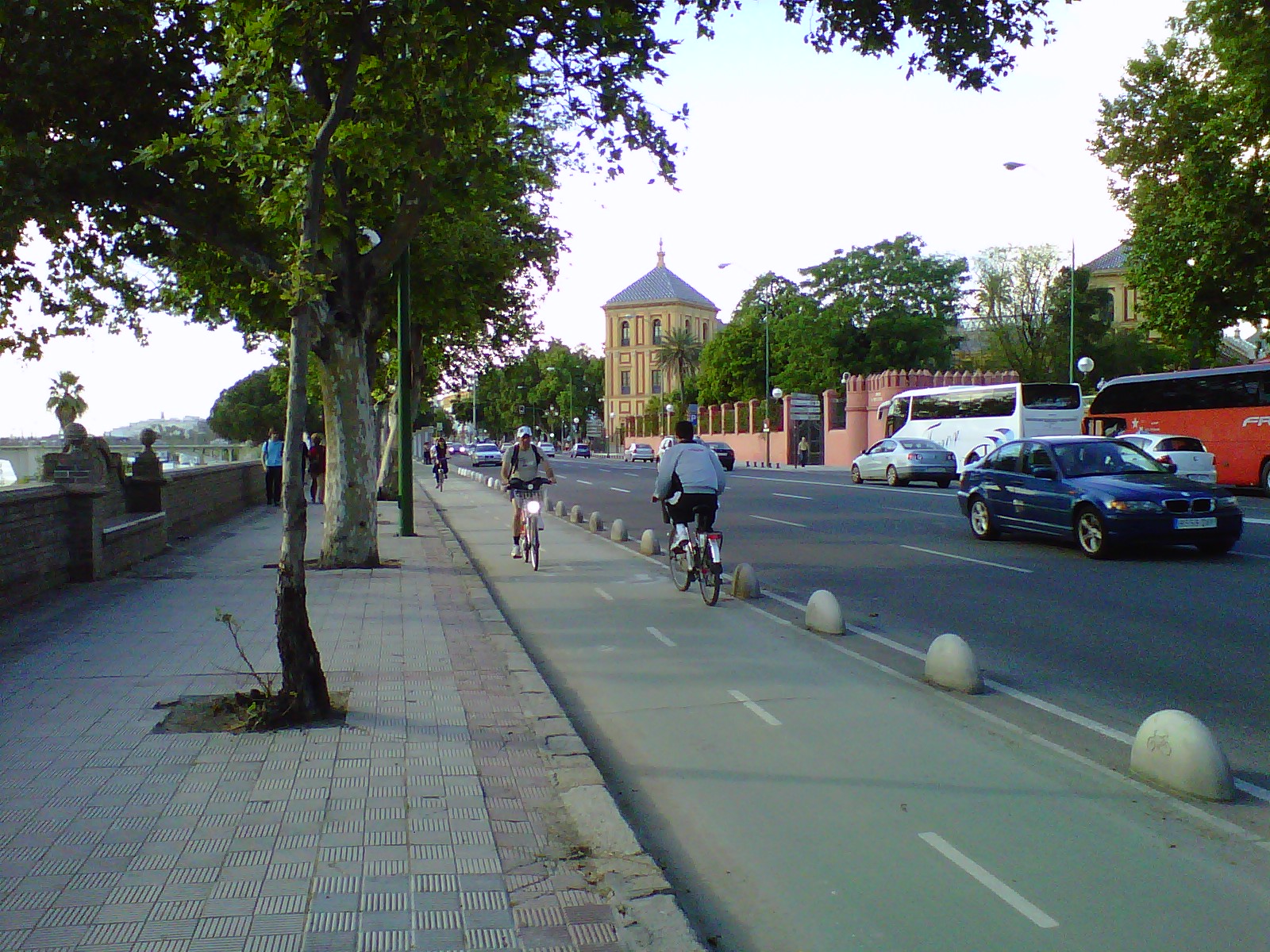
Book Review: “An Analysis of the Role of Cycling in Sustainable Urban Mobility” by Ricardo Marqués
A new book explores how cities can transform their mobility systems and solve the issues created by classic, car-centric mobility policies through the integration of cycling as an essential element.
Providing an interdisciplinary perspective, “An Analysis of the Role of Cycling in Sustainable Urban Mobility”, a recent book by Ricardo Marqués, Full Professor of Physics at the University of Seville and long-term member of ECF’s “Scientists for Cycling” network, looks at why cycling is returning to cities around the world as an essential element in solving and overcoming the crisis caused by the dominant car-centric model of urban mobility.
The book starts with a description of the history and physics of the bicycle, before going into the depths of urban planning and mobility policies. This unconventional approach allows readers with a non-technical background to gain insights into these important areas for understanding the current role of cycling and into how different types of bicycles can help make cities more sustainable.
The following chapters look at the issues created by classic, car-centric mobility policies, and how integrating cycling into urban mobility can help solve them. The value of this part of the book lies in the concise description of good practice examples from all around the world, mainly concerning infrastructure but also areas like cyclelogistics and the integration of cycling with public transport. The author manages to break down technical details to a level that is easily understandable for readers from all backgrounds and provides important impulses for practical implementation.
The last chapter of the book gives an “insider account” of the transformation of Seville to a cycling city during the years 2004-2011, which Marqués has followed not only as a professor at the University of Seville but also as a leading figure in the local ECF member group, A Contramano. Describing the planning and development of the bicycle infrastructure network and its impact on cycling numbers and city mobility in general, the author provides valuable insights into the reasons for Seville’s success, but also into what happened in the years after and what lessons can be learnt from things that went less well.
With these insights, the book is both a relevant and timely publication. Especially for planners, researchers, advocates and decision-makers who want to learn from Seville’s experience about how to rapidly transform their mobility systems in the context of the current global health crisis and climate emergency.
Regions:
Network/Project Involved:
Topics:
Contact the author
Recent news!
Upcoming events
Contact Us
Avenue des Arts, 7-8
Postal address: Rue de la Charité, 22
1210 Brussels, Belgium









